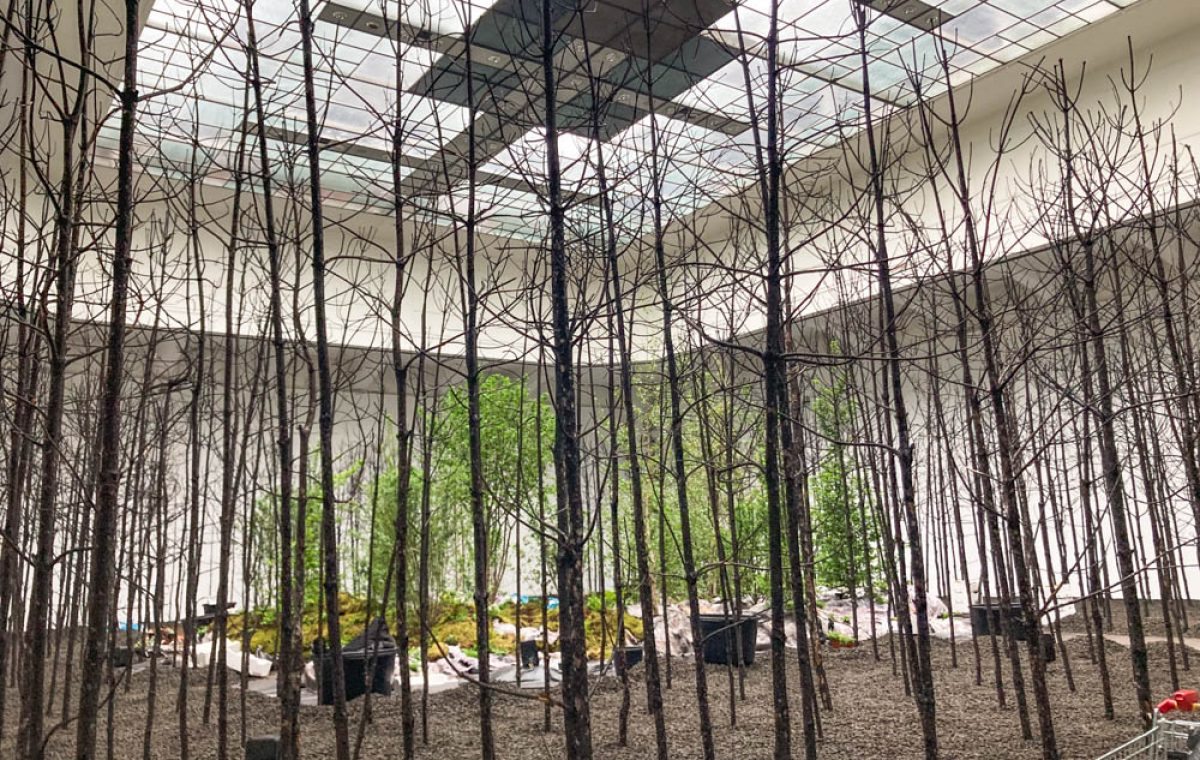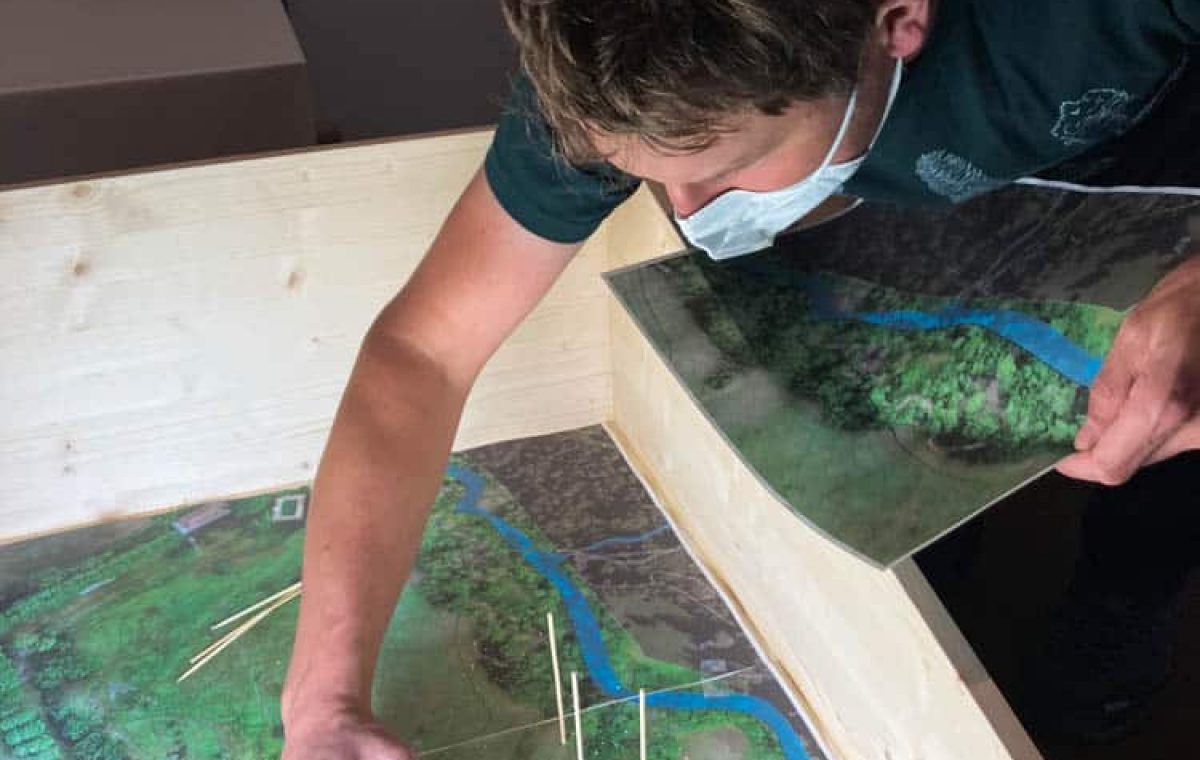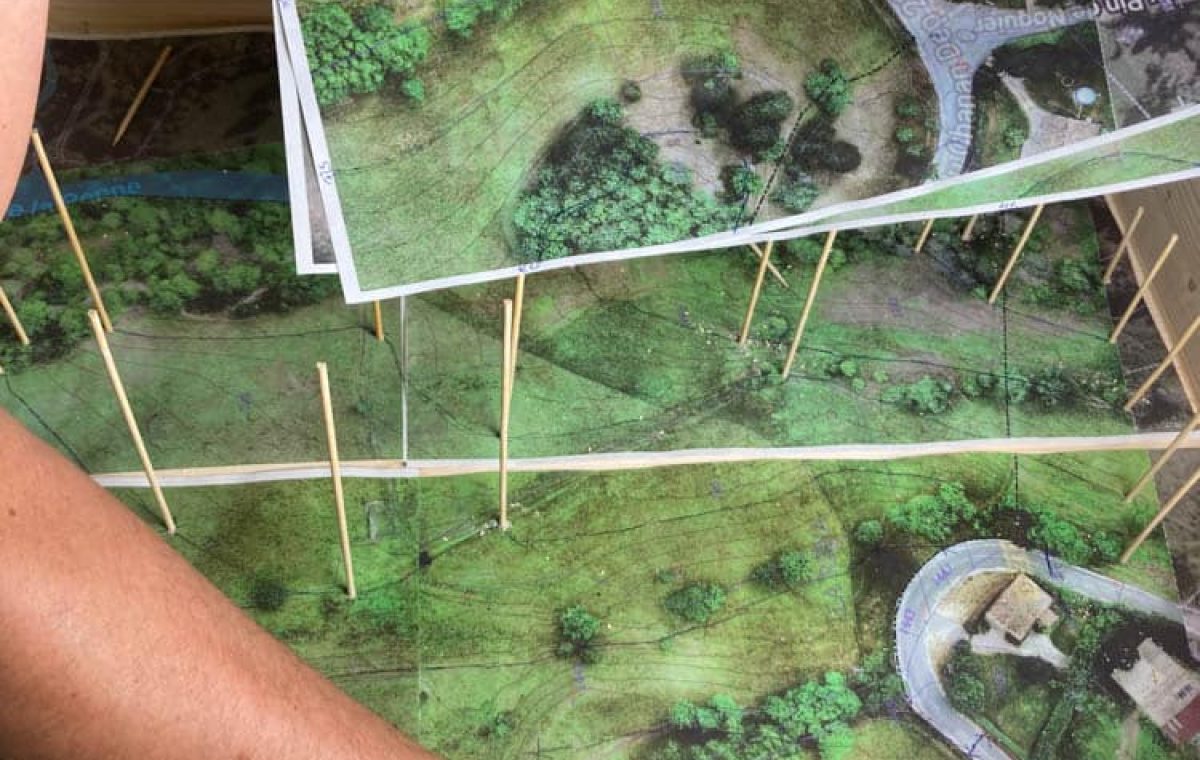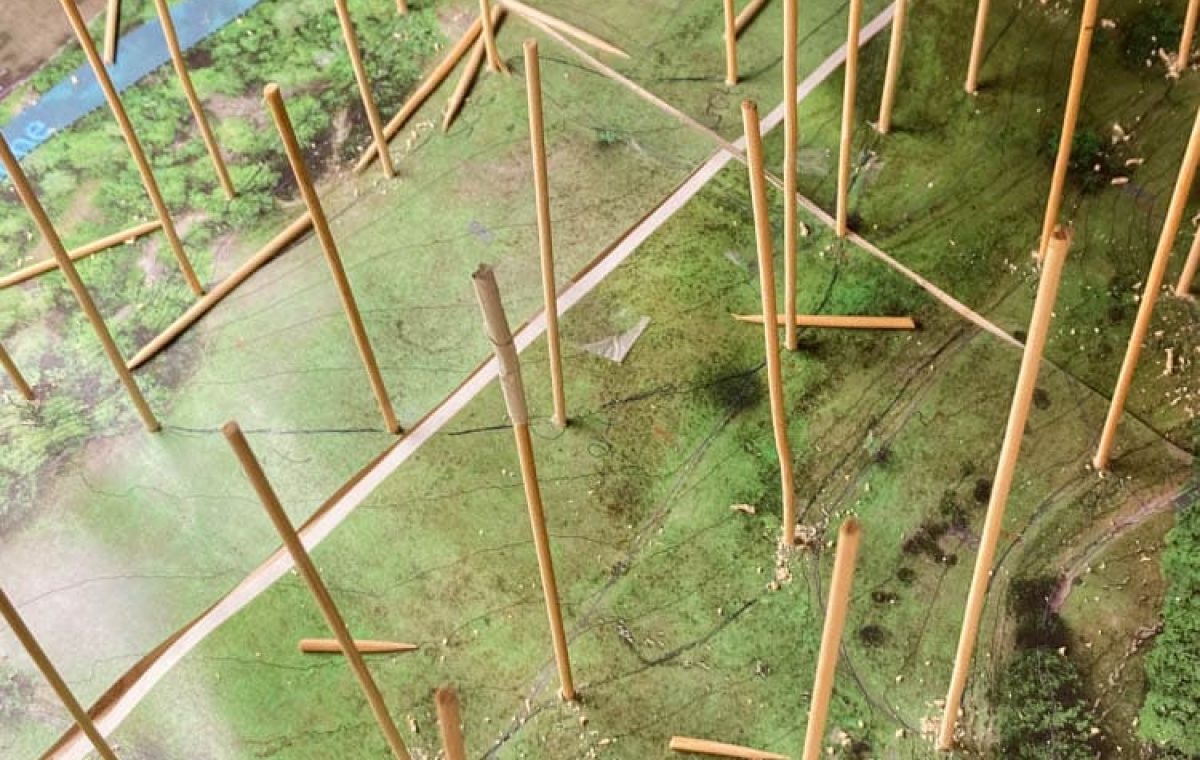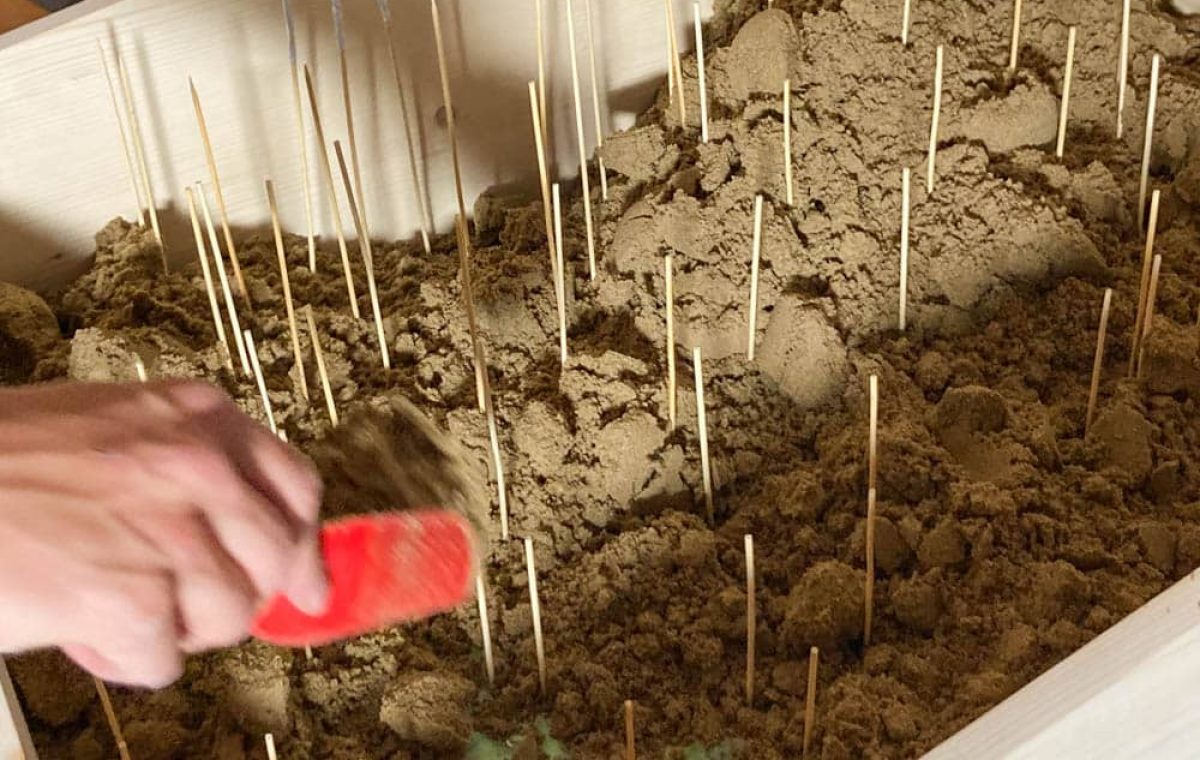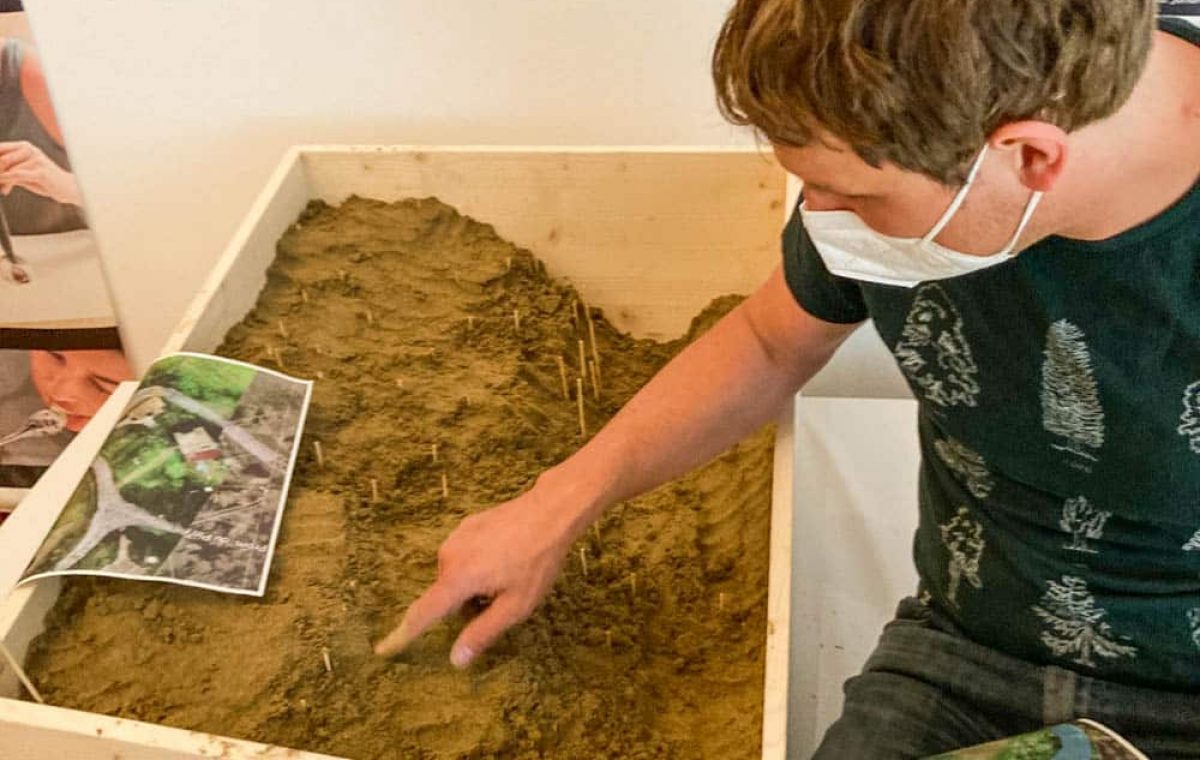Welcome!
Nice that you want to learn more about permaculture, our work and our projects.
The VIENNA BIENNALE FOR CHANGE 2021 has invited us to present our ideas “for overcoming the overall climate and ecological crisis”.
What can the future of agriculture look like? When is a forest “climate-ready”? And is what we call climate change really responsible for the loss of biodiversity, dry arable soils, crop failures and the enormous bark beetle damage?
In the following, Josef Andreas Holzer explains his view of things and why a planet that is getting hotter is showing us the way to better, more responsible use of natural resources.
The forestry and agriculturalist runs the Krameterhof farm in Salzburg’s Lungau region and works internationally as a permaculture consultant and planner. His office, Holzer Permaculture Solutions GmbH, develops innovative, economically viable concepts that think culture and nature together.
In the second part of the conversation, Josef uses the example of how we deal with water to show the short-sightedness of the present and outlines how things could be done better.
For decades, our cultivated landscapes have been managed according to rules and criteria that are not oriented towards nature and its processes, but towards the needs of the market or industry. Nature-based agriculture is said to be uneconomical, but is that true?
As part of the VIENNA BIENNALE FOR CHANGE 2021, we will be showing how our permaculture consultancy and planning office works by means of one of the latest projects of Holzer Permaculture Solutions.
It is an area in the south of France that we were able to fill with life again after it had lain almost fallow for decades. The key to the reclamation of the La Plume property is – as is so often the case – water, as Josef A. Holzer explains.
The water landscape that Holzer Permaculture GmbH implemented in La Plume in a seven-week construction period can be seen as a model in the MAK. For illustration purposes, we have depicted the corresponding landscape twice: once in its original state and once after we have embedded four ponds, which are part of an extensive water retention system, into the landscape.
Below you can see how Oliver Krische and Andreas Schindler set up the two models on a scale of 500:1 in the MAK.
Oliver Krische prepares the model that is to be created in a wooden box:
A printout of an orthophoto (an aerial photograph) of the area to be depicted is stuck to the bottom of the simple construction. The contour lines of the terrain are also drawn on it, with the help of which a 3D model can be created.
Oliver Krische prepares the model (500:1) that is to be created in a wooden box: A printout of an orthophoto (an aerial photograph) of the area to be depicted is stuck to the bottom of the simple construction. The contour lines of the terrain are also drawn on it, with the help of which a 3D model can be created.
To build the model, drill holes in the bottom of the wooden box along the contour lines (5 metres apart). Insert wooden skewers into these holes and cut them according to the height line.
Play sand is very suitable for shaping such a model: it is moist, can be compacted well and therefore remains dimensionally stable for a long time. Layer by layer, the sand is applied in the box and pressed on with the hands.
Oliver Krische fills the model with “water” in the last work step.
Oliver Krische fills the model with “water” in the last work step.
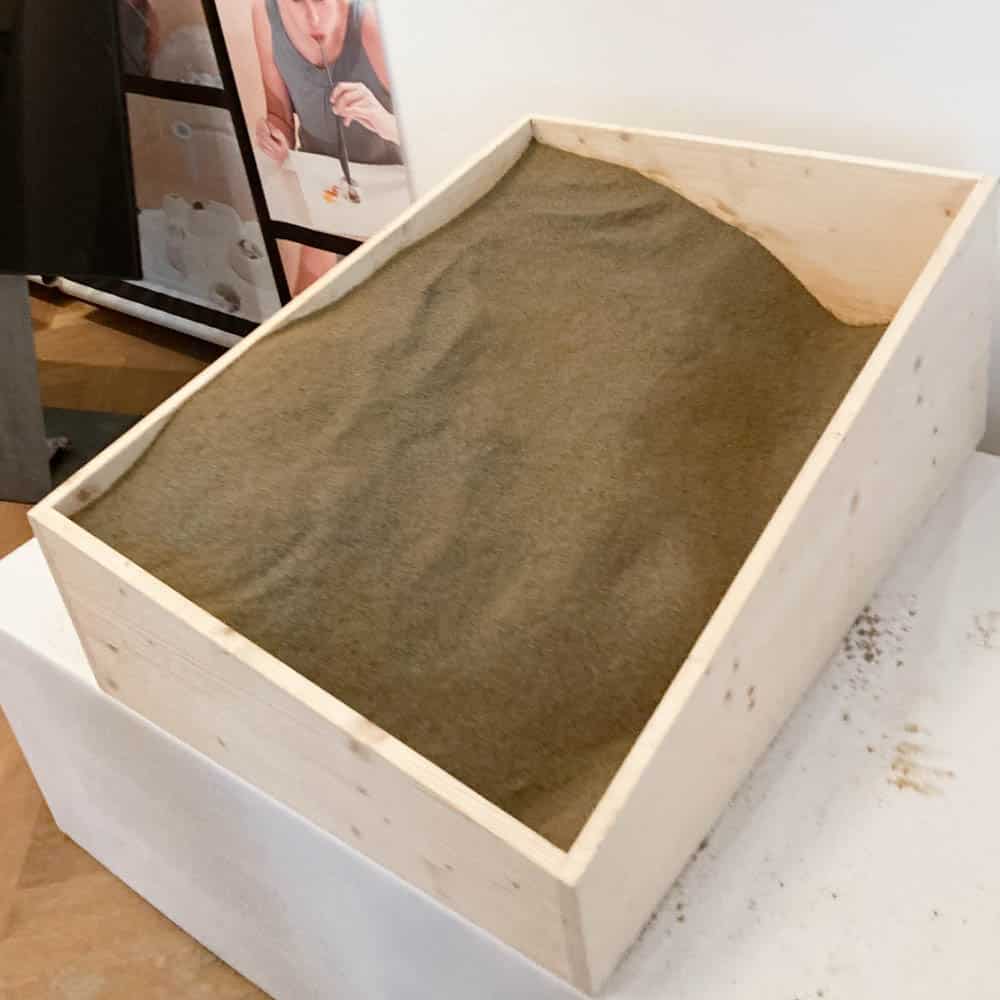
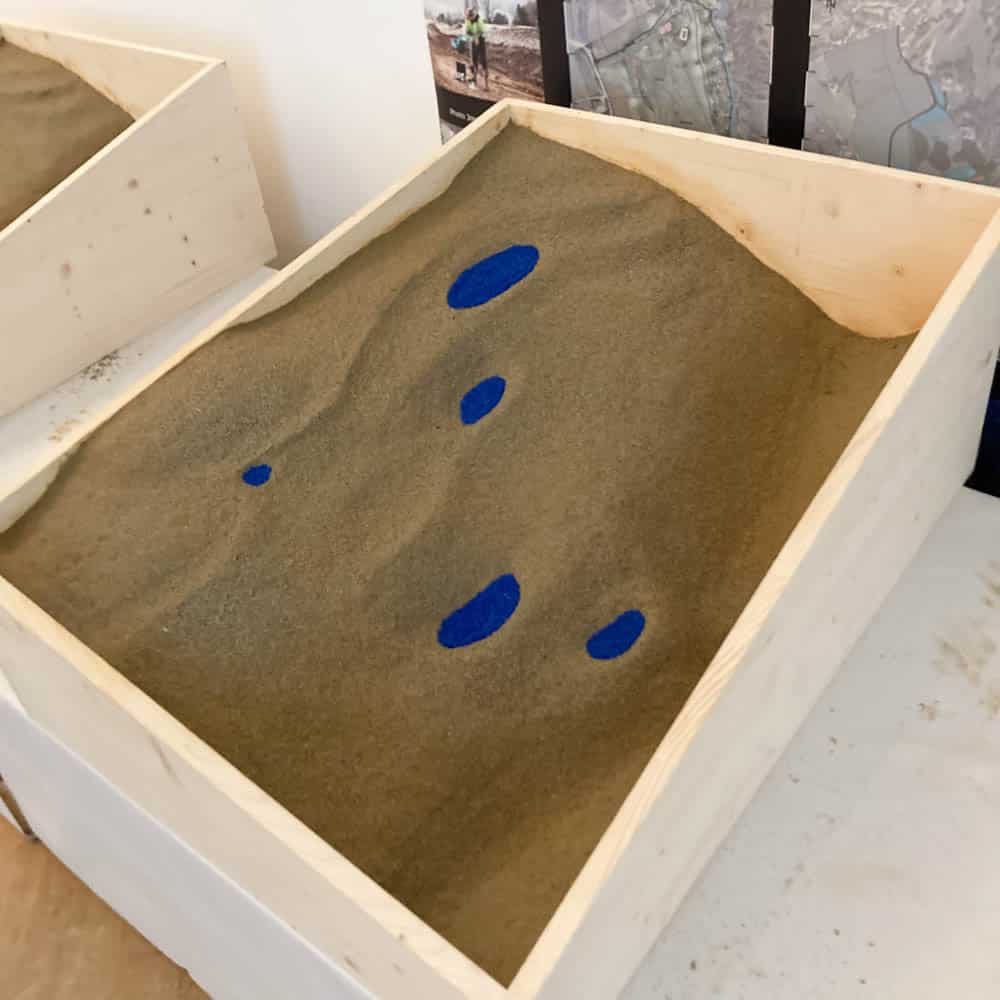
The model on the left shows the landscape we found
The model on the left shows the landscape we found. [“Before”]
The model on the right shows the project area after seven weeks of construction. [“After”]
La Plume – the Project
Holzer Permaculture Solutions conceived and realized a retention system project developed for the La Plume estate in La Penne, a small village in the French region of Provence-Alpes-Côte d’Azur.
Krameterhof Newsletter
Abonniere den Krameterhof-Newsletter zum Thema Permakultur. Erhalte immer das aktuelle Kursprogramm. Nicht mehr als eine E-Mail pro Monat.
Krameterhof Newsletter
Abonniere den Krameterhof-Newsletter zum Thema Permakultur. Erhalte immer das aktuelle Kursprogramm. Nicht mehr als eine E-Mail pro Monat.
© 2021 Krameterhof • Website Entwicklung studio2.io • Impressum • Datenschutz • Downloads
